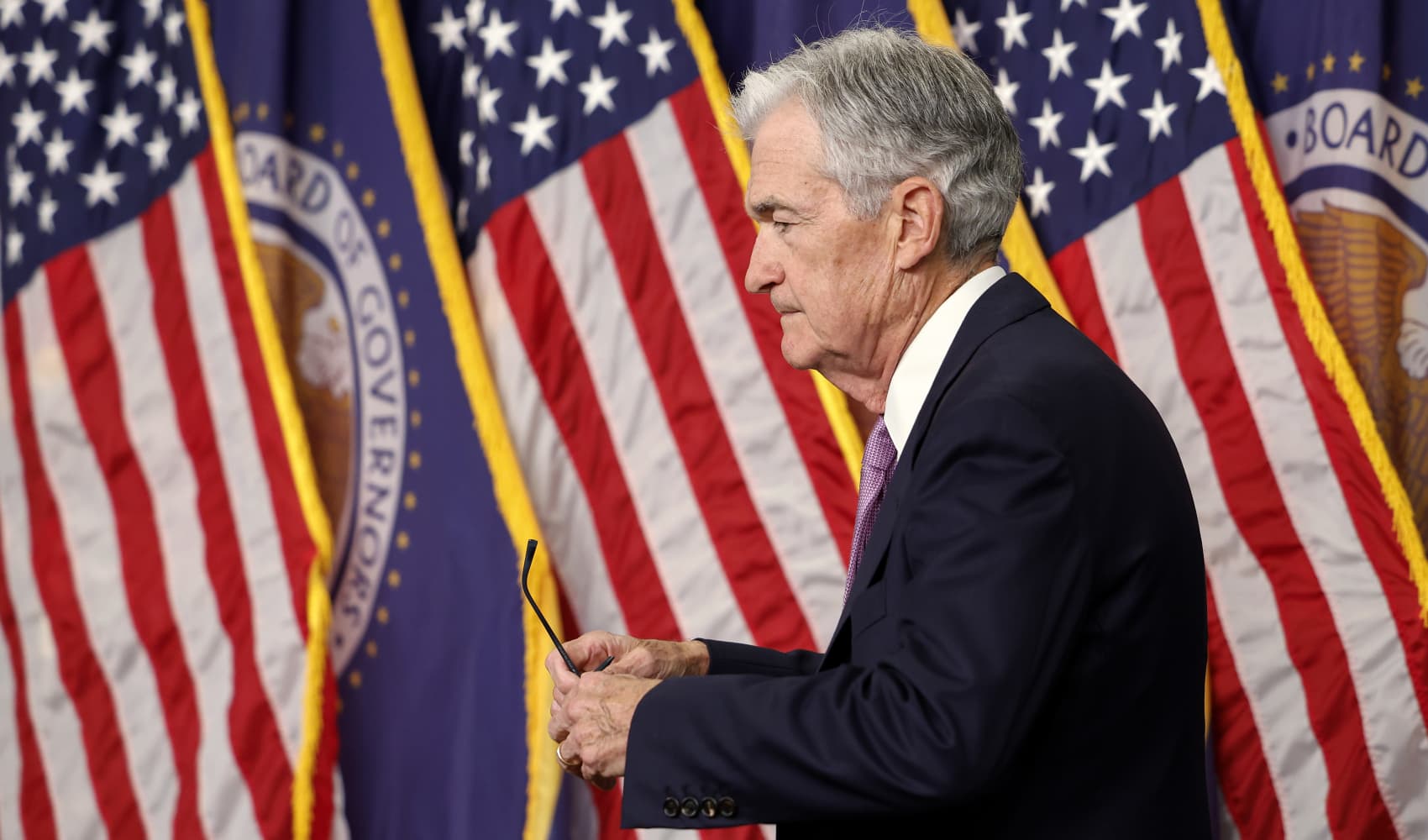
If you don't start setting aside money for retirement by the time you turn 40, you may need to rethink your long-term plan.
By that age, funneling more into your retirement investment accounts down the road may not be enough to spend your post-work years the way you imagine, says Anne Lester, a retirement expert and author of "Your Best Financial Life: Save Smart Now for the Future You Want."
At 40, "you really have to start thinking about solving this challenge with more than just figuring out how to save more," she tells CNBC Make It. "You either have to keep earning money or you have to stop consuming or radically change what you consume during retirement."
That may involve making bigger changes to your retirement lifestyle, such as downsizing your home, moving somewhere with a lower cost of living, not traveling as much or even working longer.
"You're taking choices away from future you if you don't save when you're young," Lester says.
The benefits of saving for retirement early
Get Tri-state area news delivered to your inbox. Sign up for NBC New York's News Headlines newsletter.
Around of quarter, 26%, of Gen Z workers, defined as those between the ages of 18 and 27, didn't contribute to their retirement savings last year and aren't currently contributing, according to recent data from Bankrate.
Money Report
In your 20s, your finances may be stretched too thin to comfortably set aside a lot of money for retirement, Lester says. That's OK — but don't wait forever.
"In your early 20s, missing a year isn't that big a deal," she says. "But one of the tragedies of missing those early contributions, especially if it's into a 401(k) and there's a company match, is that you're missing out on free money and you're not going to get that back."
DON'T MISS: The ultimate guide to negotiating a higher salary
When you begin setting aside money for retirement early, your money has more time to grow through the power of compound interest. Plus, you need to contribute a smaller portion of your annual earnings than if you begin contributing when you're older.
Experts generally advise setting aside 15% of your annual income, including any company match. However, that percentage surges to 25% or higher if you wait until you're 40 or older to begin, Lester says.
Say your goal is to retire with $1 million by 65. If you begin contributing at 25 and earn a 7% annual rate of return, you'd need to set aside $381 per month to reach your goal, per CNBC's calculations. But if you start at 40, you'd need to save around $1,234 per month to meet the same goal.
While it's still possible to reach that $1 million goal with a later start, it takes significantly more money to do so, which may not be feasible.
"If you wait until you're 40 to start, you've missed out on about two decades of your money compounding," Lester says.
Ultimately, setting aside even a small amount of money for retirement early on can benefit you two-fold. For one, you give your money a longer amount of time to grow. And two, you start getting into the habit of saving, which makes it easier to continue to do so in the long term, Lester says.
"You're starting to build the savings muscle, and then it gradually becomes less scary, less intimidating, less frightening," she says. "You start redefining yourself as someone who saves and invests, and it sets you on a lifelong path to having choices as you age."
Want to earn more money at work? Take CNBC's new online course How to Negotiate a Higher Salary. Expert instructors will teach you the skills you need to get a bigger paycheck, including how to prepare and build your confidence, what to do and say, and how to craft a counteroffer. Pre-register now and use coupon code EARLYBIRD for an introductory discount of 50% off through Nov. 26, 2024.






